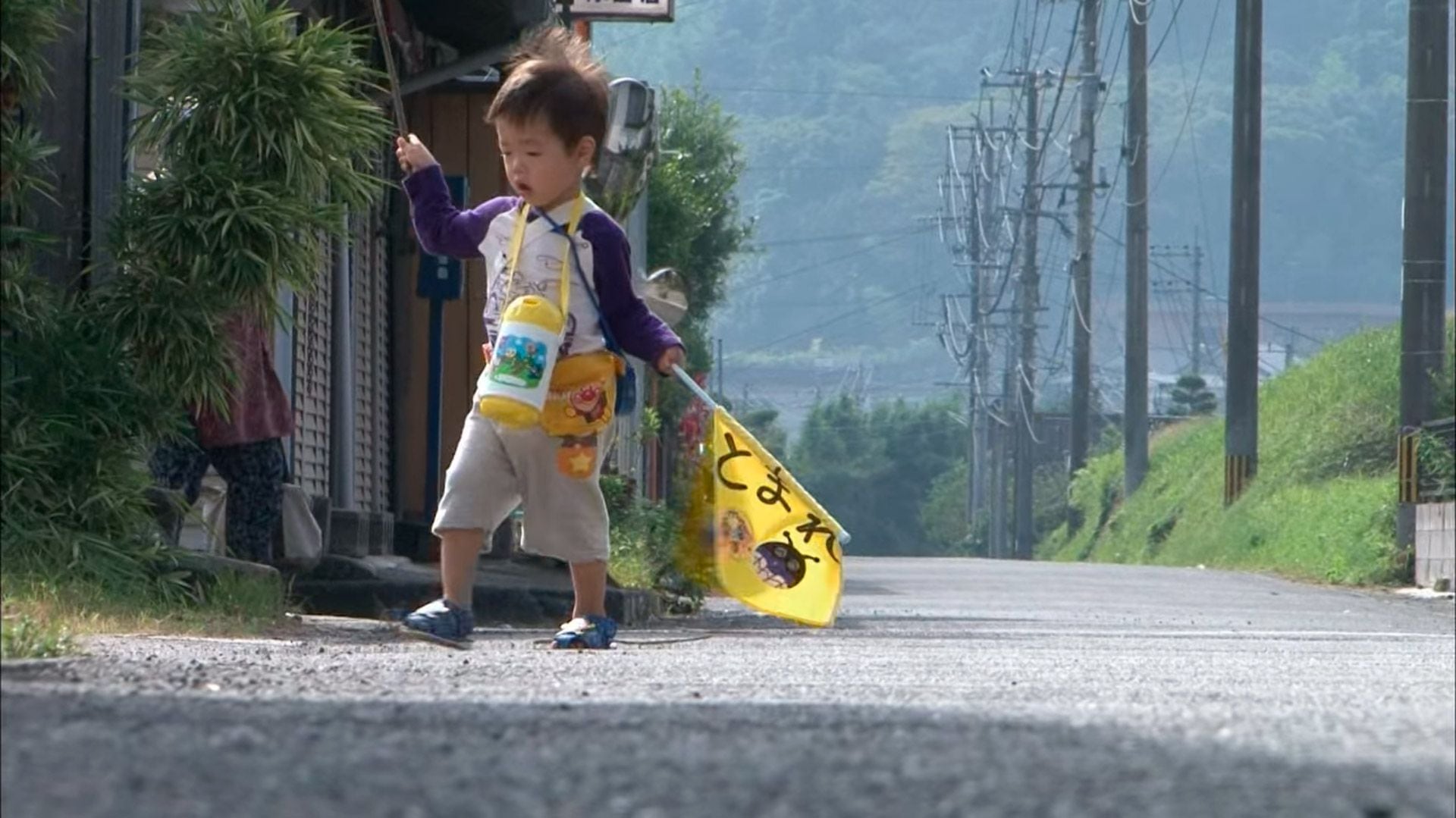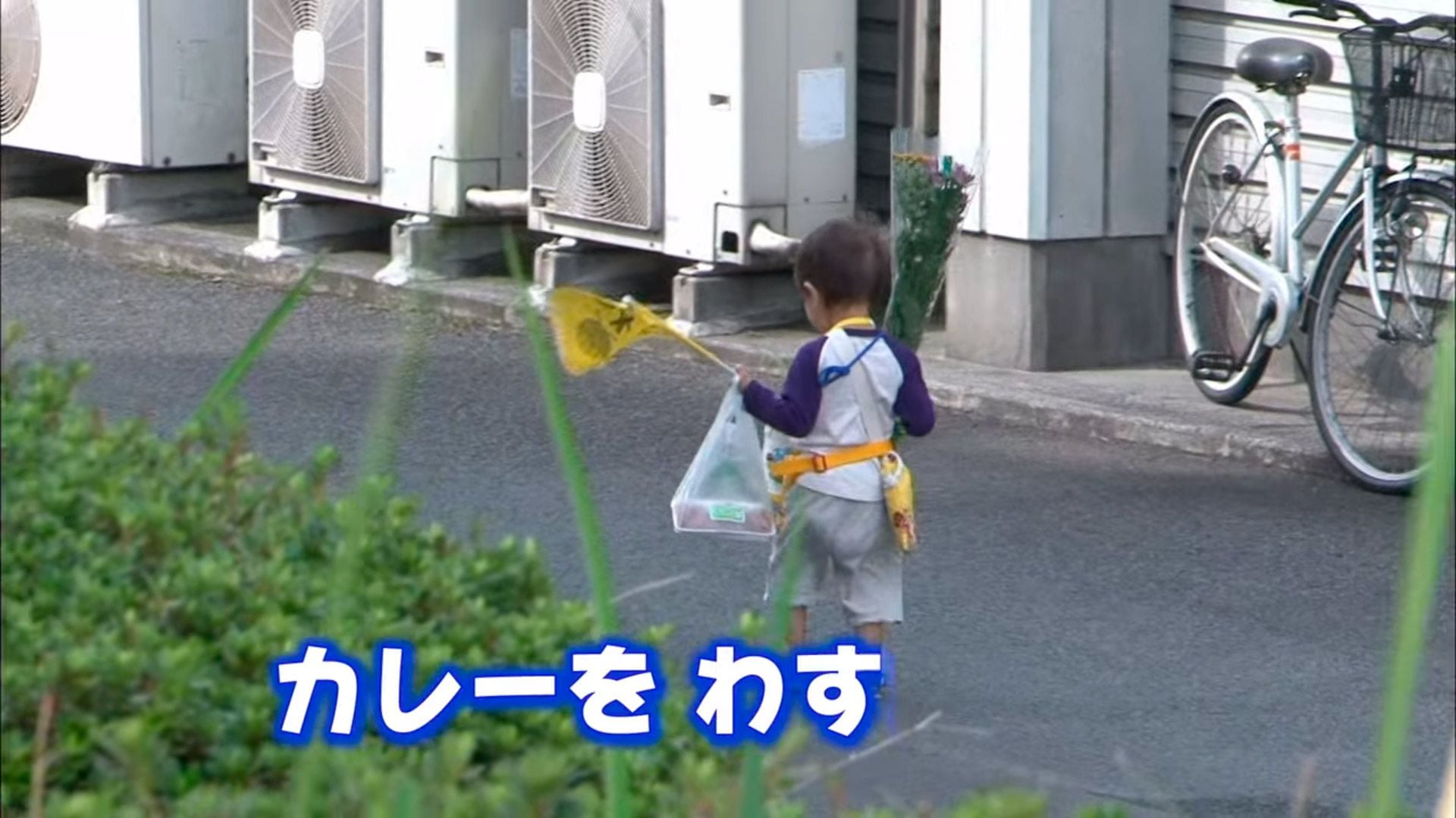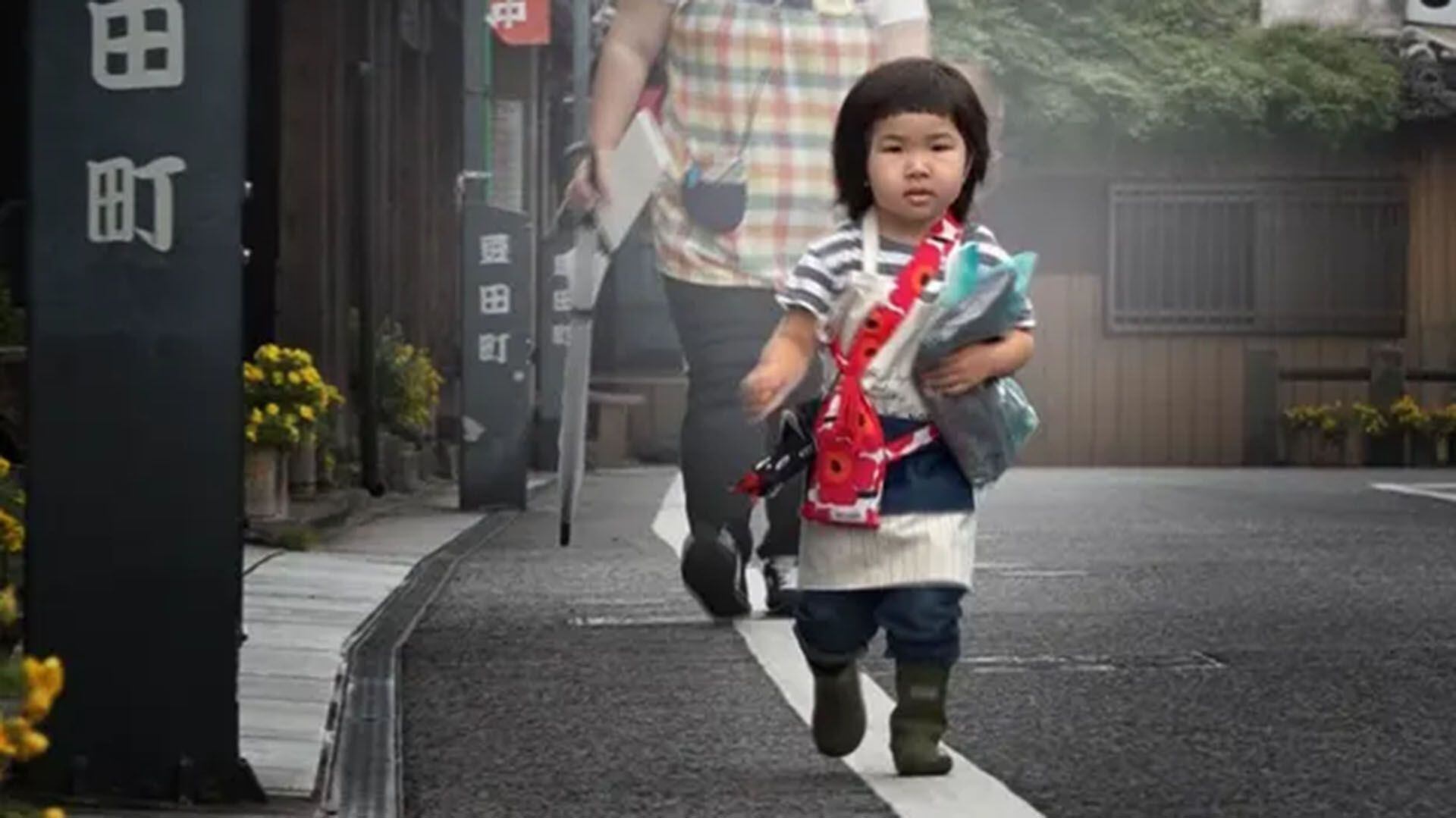:quality(85)/cloudfront-us-east-1.images.arcpublishing.com/infobae/QC5BOB4QV5CQNLBGIP5HT7J2CE.jpg 420w)
The series “Old Enough” - “My First Mandado”, is the Spanish title that Netflix broadcasts it with - it will probably have the hearts of some parents in their mouths... It is that the show shows the first adventures without the care of an adult of young children as young as 2 or 3 to perform tasks such as buying food, walking 1.5 kilometers to and from home, and travel on public transport by themselves.
Cameras follow the child from a distance as he runs errands and challenges posed by his parents and the creators of the program.
The Japanese series has been a hit on local television for more than 30 years and the first season is now available on Netflix It's all about content was filmed in 2013. Each segment, which varies between eight and 20 minutes, focuses on one child.
The length of the episodes is explained by the enormous level of preparation that each task entails. All errand routes are inspected by parents and production personnel to check that there are no dangerous roads or “suspicious persons”. The children are chosen after a laborious selection process, the camera and security team are hidden so that the children do not discover them and all the neighbors in the area are informed of the task, so that they do not panic and call the police when they see a four-year-old boy wandering aimlessly through the streets.
In the opening episode, Hiroki, an adorable 2-year-old boy, is sent to a local supermarket. His mother sends him to the mission with a 1,000-yen (USD 8) bill in his pocket. He tells her to buy fish cakes, curries and a bouquet of flowers.

The Netflix version uses subtitles to translate comments. Hiroki succeeds, and the little one's pride in his actions and the increase in his confidence are touching to see. He has shown great independence and earned a pat on the back of his parents.
The children's adventures in “Old Enough” are carefully planned by the production and their families well in advance. If something goes wrong, camera and security teams are trained to intervene.

Part of the appeal is the program's ability to instill children's confidence. Everyone is between two and six years old, and they are almost always scared to death when they first come out. Rightly so, because walking a kilometer and a half to a store can only be a scary prospect for a small child. However, the big blow of effect that usually comes to the end is a new pride in his abilities. The kids had an affair, they didn't help them, and they did.
The series, however, gerea controversy. While some see adorable children accomplishing goals, others panic as they watch the little ones alone in the urban jungle.

Tanith Carey, a renowned author of books on parenting, told Insider to have great doubts about the program. “I broadly support the idea that children should be taught to do more things for themselves,” he said. “When children feel self-assured, their self-esteem is reinforced.” “But — and this is a very big “but” — the tasks adults ask them to perform have to be developmentally appropriate.”
He added, “You're wrong to turn young children into fun figures and laugh at them by asking them to do tasks they're not developmentally ready for,” he said.
On the other hand, for Lenore Skenazy, president of Let Grow, a non-profit organization that advocates childhood independence, the series seems motivating. “It's nice to turn on the TV and watch a show where children run errands and are happy and successful,” Skenazy said. “It is not another season of 'Law and Order' in which they are kidnapped while they are away.”
He described the culture of parenting in Japan as more relaxed than in the United States. “In the United States, we only see children as if they are in danger,” he said. “If someone saw a 5- or 4-year-old boy - and even more so a 2-year-old - walking alone from the park, he would have a heart attack and call the police.”
KEEP READING:
